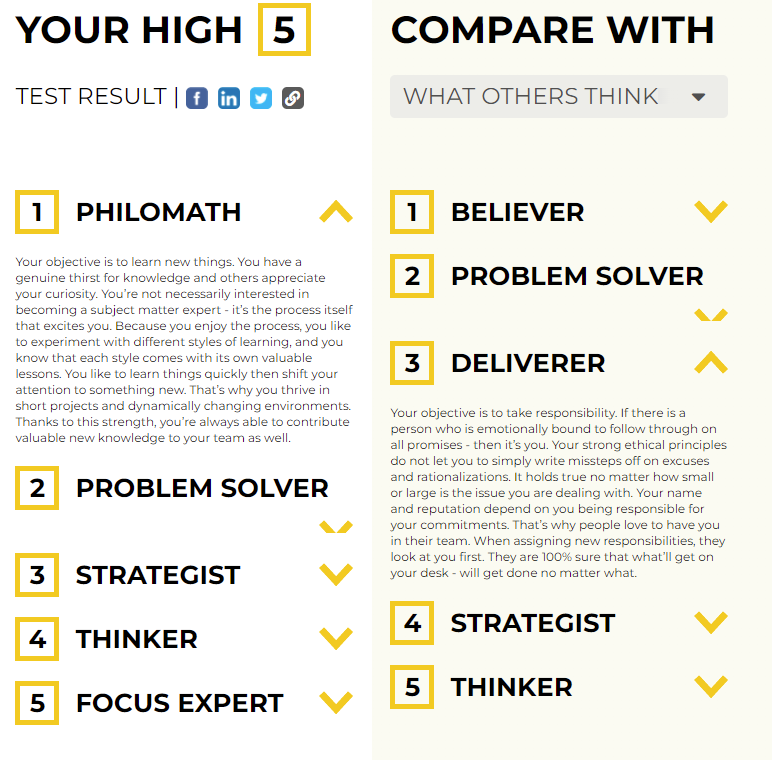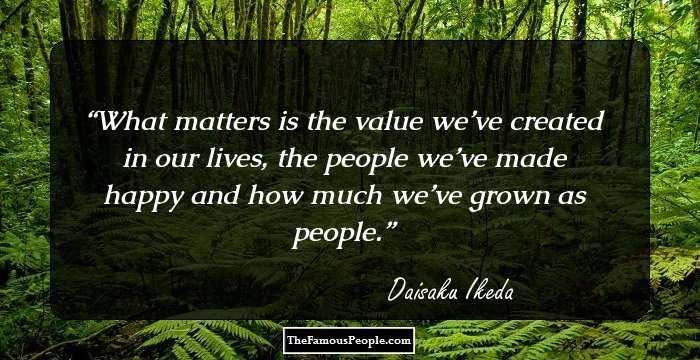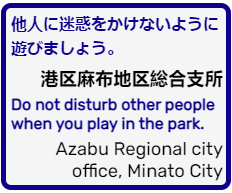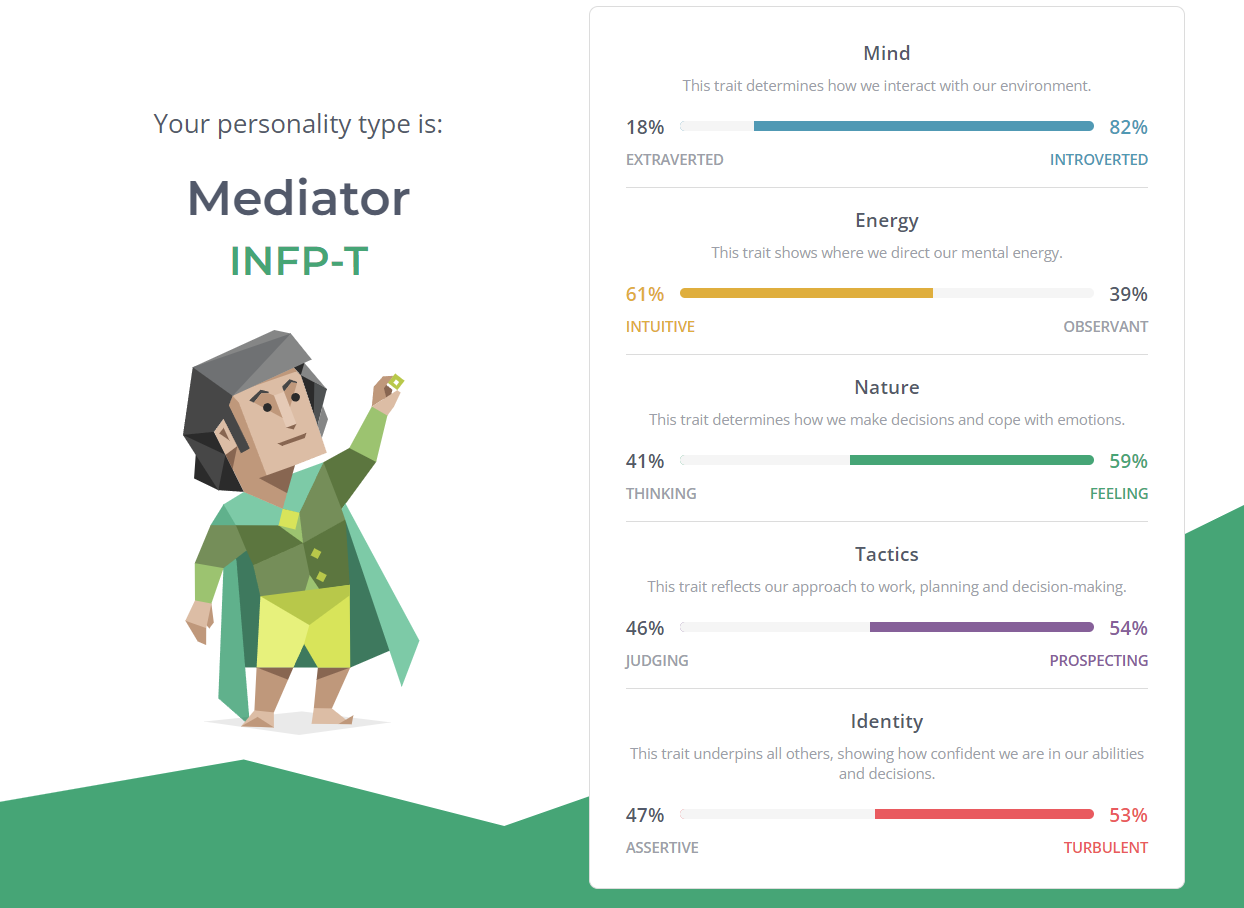Identity and Values
Personal Ethics
I’m the kind of person who likes to only make the ‘right’ ethical decisions. Normally it isn’t so hard for me to pick the side of the least harm, in fact it’s something I’m naturally drawn to do. One of the strengths my family and friends identified when I took a High5 strengths test was Believer: “Your objective is to believe and do ‘the right thing’”. As a result, it’s hard to think of everyday ethical decisions where there has been a true weighing of my values, except for a handful that I hold close to who I am.

Morals and lessons
Probably the toughest ethical decision I’ve ever had to make was whether to sell the family house or not. A decision I wouldn’t wish anyone to make alone. In my final year of university my father was imprisoned. It wasn’t wrongful imprisonment, and probably beneficial to him in the long run, but it created a scenario my family wasn’t ready for.
Dad had been borrowing on the mortgage for unexpected payments or, as is familiar to many Polynesians, gifts for weddings, funerals and bailouts for family back in the islands. Without his income, and me being in my final year writing my thesis, mortgage payments became too difficult to keep up with. It was a matter of months before the bank foreclosed. My father had another year in prison to go, so it was: drop out of university and get full-time employment to keep the house afloat or, as I painfully determined, sell. I came to the decision after months of anguish, self-doubt, guilt as well as consolation and financial support from the wider family.
How did I decide? To be honest, I’m not sure I fully know how one solution won out over another. I had competing values instilled by both my parents tugging back and forth. My mother’s wish was always that her children get a good education and finish university. As the oldest of three, would I be setting a bad example if I dropped out? My father taught me “You guys are the same blood. Look after for your brother and your sister.” At the time, they had moved out, but were they better looked after if they could still return to the family house? What if they got roped into paying the mortgage if I failed to? I knew the state of the housing market. A house was an asset and Grandma’s “Waste not, want not” family attitude was telling me it wasn’t to be wasted trivially. Was I condemning my father to a monumental uphill struggle to re-obtain security once he got out?
In the end, I think I had to stick to a method I’ve always known to help me work through a problem. I shut off the INFP Mediator inside and relied on the relatively colder Logician side of my brain. I went to my father and presented the case for selling the house. Payments, budgets, interest rates and all, as terrified as that made me, and then asked my Aunt for help finding a real-estate agent.

Looking back, I have to hope it was for the best. The family paid off the debt, my brother and sister and I finished university, and my father moved back to Tonga to build a new house with the leftover money and my brother’s newfound expertise as a civil engineer. Thankfully, despite recent developments with Hunga Tonga Hunga Ha’apai near Tonga, my father is doing well.
Cultural Influence
As an afakasi or half-caste, I’ve always been in the middle of different cultural spheres and this has informed who I am today. I can thank Tongan influence for things as small as taking my shoes off at the door, but also as integral as valuing hard work, generosity and family duty. My last name literally means “familial burden”, a name given to my family to remember the need to atone for the misdeeds of an infamous ancestor. (Fun fact: it wasn’t meant to be a last name, but thanks to a clerical error on my father’s birth certificate, here we are).
On the other side, I mentioned my Grandmother’s influence with “waste not, want not”. It extends from a complete Victorian upbringing, which each of us in the family still hold strong chunks of. Of course, some things I gained only from friends. I really didn’t understand “She’ll be right!” until we were on the street, hurtling downhill on a couch DIY mounted atop skateboards!
A slightly different cultural influence comes from Japan. My mother visited a long time ago and made many lifelong friends. As I grew up, she showed me bits and pieces of Japanese culture. Enough that I was determined to experience it for myself. I found myself at home in a weird way while living there. I can definitely get on board with a society-wide sense of “Dare nimo meiwaku o kakenai” (don’t cause bother to anyone). It was nice to have other people putting as much effort (probably more!) into not making waves as I find myself doing. Perhaps collectivist culture naturally suits.

Strengths and Limitations

Throughout my learning and career I’ve switched between two modes (according to 16 personalities they can be known as mediator and logician). One of my strongpoints has been that I’m a strong logical thinker and very methodical. It doesn’t take long for new concepts to sink in, so as a result I feel comfortable whenever learning is up for grabs. I always enjoyed maths and it led me to loving computers enough to pursue a career in computing.
Recently I’ve become more aware that I also have the ability to be a cohesive and supportive team member thanks to having empathy, loyalty and a desire for harmony. However, being a blend of personality types means that the limitations from both apply at times. In terms of learning, I can second-guess myself too often and take feedback personally. Career-wise I can be withdrawn or idealistic and too altruistic. There have been many times where I sacrificed too much of my own time and energy to make sure things ran perfectly, when in reality I could have relied more on others or accepted a more practical outcome.

In my EDA learning journey I think, with some careful management and boundaries, that I will be able to use both my analytical skills and my teamwork strengths to get the most out of the course. I’m anticipating I’ll run into obstacles like waning confidence or feeling isolated, but I’m trying to look out for them. I’m also aware that Dev-Academy staff and students will help support me if I play to my strengths and show value as a team member in kind. That gives me reassurance I will be able to keep moving on.
Learning from experience
I remember back in university, we had been assigned a team project with random members. Not knowing each other so well was an obstacle and the only person I was familiar with decided they didn’t particularly need to pass the paper. I felt tension within the group because we were instructed that it was going to be an all-pass or all-fail type assessment at the end.
I tried going with the flow to not cause a stir, but as a week or two rolled by, it was clear nobody had strong motivation to work together. In the end I decided the group needed leadership. I offered a plan for workload distribution, a set of meeting dates to track progress and asked the other members to weigh in with whether they approved or not. I also made sure to check in with team members and help them with any issues they couldn't solve in their own portions. This gave motivation to some and we were able to complete the majority of the project.
When it came to our self-evaluation, we made sure to give credit for each effort made. Thankfully our lecturer didn’t punish the whole group for the small amount of work that went unfinished, because he saw most members had made a reasonable effort as a team.
Reflecting back now, I think my desire to maintain peace probably kept us from brushing aside the initial setback and getting stuck in immediately. Perhaps I would try now to go directly to the student I knew and convince him to reconsider on behalf of the team. Also, I’d try to bolster morale by giving some positive things to look forward to earlier on. I think, maybe counterintuitively, sometimes breaking out of your personality-comfort-zone can be necessary to promote the goals you have.
